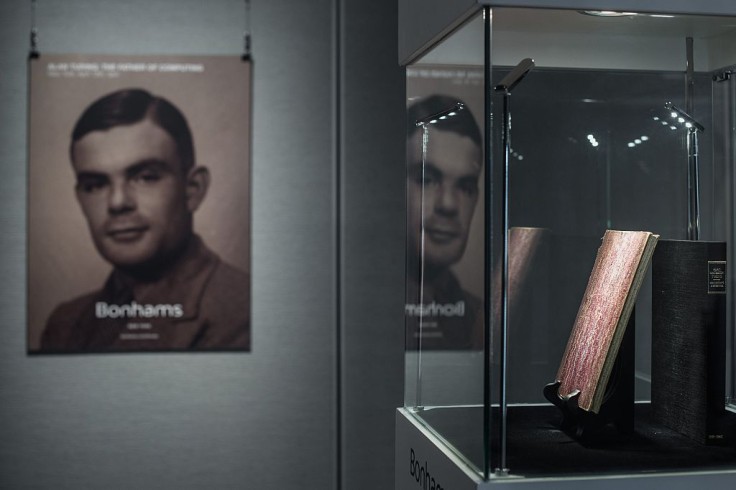Alan Turing, the man who would eventually be considered as the father of modern computer science as well as artificial intelligence, was born on this day 110 years ago. If you have watched the 2014 film "The Imitation Game" starring Benedict Cumberbatch as Turing himself, you would have an idea of his contributions to the war effort during World War II.

As we celebrate his birth anniversary today, June 23, here are some facts and trivia about Alan Turing:
Alan Turing was More Than Just a Computer Scientist
He may be known best as a computer scientist, but computer science was not the only field that Alan Turing was ever interested in. In fact, he had dabbled into many fields and interests throughout his life
According to an article by PBS, Turing dipped his toes into quantum mecahnics, biology, chemistry and even neurology during his time. He was also into physics when he was younger and was also a mathematician as well as a logician.
Artificial Intelligence
According to Britannica, Alan Turning believed that "the human brain is in large part a digital computing machine." Specifically, he described the cortez as an unorganized machine that can be organized into something like a universal machine.
He proposed what eventually became known as the Turing test, which helped determined if an artificial computer is indeed thinking.
Related Article: Did Alan Turing Really Commit Suicide? Inquest Findings Questioned
The Enigma
During World War II, Turing worked as a codebreaker at Bletchley Park, which served as the United Kingdom's secret headquarters for the country's codebreakers. While, an article by Mental Floss says he designed a codebreaking machine he called the Bombe, which helped make decoding much easier.
Alan Turing is created for cracking Enigma, a device used by the Germans to encode their messages. This helped Allied ships steer clear of German submarines.
Overall, his work as a codebreaker during World War II is believed to have saved millions of lives.
He was Nearly an Olympian
Alan Turing was a runner since he was a boy and would even run the distance between London and Bletchley Park, which was around 40 miles.
In fact, he nearly became an Olympian and came fifth at a qualifying marathon for the 1948 Olympics. However, a leg injury prevented him from pursuing any dreams of participating in the Olympics, per Mental Floss.
The Turing Machines
In 1936, Turing wrote a paper called "On Computable Numbers" where he hypothesized that "one day, we could build machines that could compute any problem that a human could, using 0s and 1s," according to the article by Mental Floss.
"Turing proposed single-task machines called Turing machines that would be capable of solving just one type of math problem, but a "universal computer" would be able to tackle any kind of problem thrown at it by storing instructional code in the computer's memory," the article adds.









